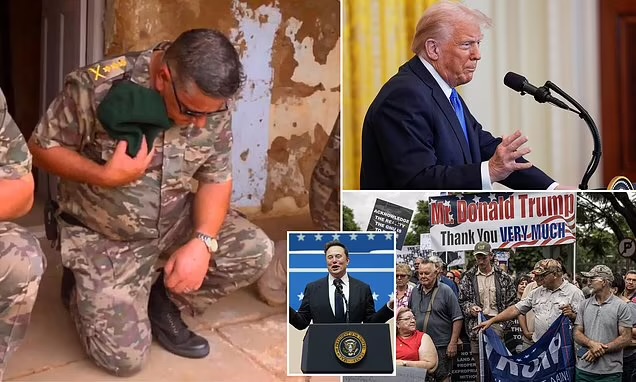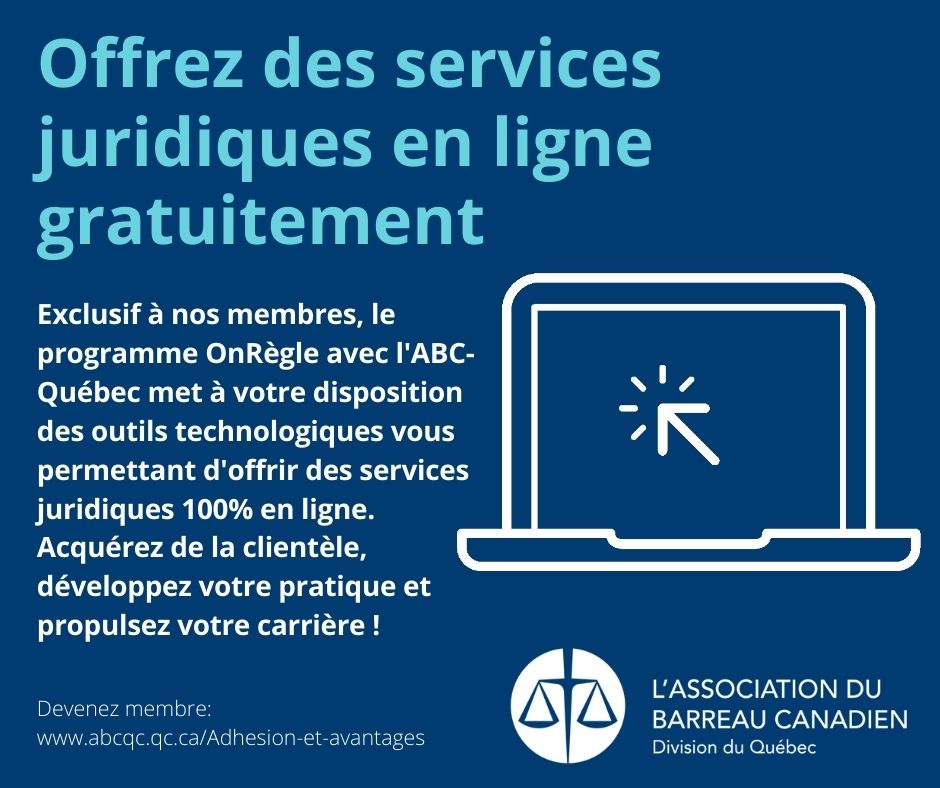White genocide in South Africa ‘is a myth’ high court rules – a week after Trump cuts all aid to the country due to ‘human rights violations

White genocide in South Africa ‘is clearly imagined and not real’, the country’s high court has ruled.
The ruling came as part of a judgement to declare a bequest made in the will of a white South African man called Grantland Michael Bray to far-right organisation Boerelegioen (BL) invalid.
Bray, who died in 2022, had set aside £1.7million (R40m) in his will to fund training programmes by the BL, which he believed would ‘exterminate every black person in South Africa’.
The BL describes itself as ‘a civil defence movement that enables citizens to resist the promised slaughter of whites’.
Bray became paranoid about violent attacks on the white minority after BL engaged in ‘fearmongering’ to convince people that murders of white farmers signified the start of a white genocide, Judge Rosheni Allie said in court.
A white genocide threat ‘is clearly imagined and not real’, according to the judgement seen by the Times.
The ruling, handed down on February 15, came just a week after US President Donald Trump cut all aid to South Africa due to alleged human rights violations against the white minority.
Trump’s claims echo those of his tech billionaire advisor Elon Musk, who was born in Pretoria, South Africa, and said in 2023 that authorities in the capital city were anti-white.
Musk even claimed that officials encouraged the killing of white people, who represent seven per cent of the population in South Africa.



But crime statistics don’t support these claims, as the most recent data, from 2023, revealed that 49 farmers or their families were killed, which makes up just 0.18 per cent of the 27,000 murders recorded in the South Africa during that period.
Trump’s executive order earlier this month to halt assistance came in response to a new law in South Africa that gives the government powers in some instances to expropriate land from people.
The White House said the law ‘blatantly discriminates against ethnic minority Afrikaners’.
The Expropriation Act was signed into law by South African President Cyril Ramaphosa last month and allows the government to take land in specific instances where it is not being used, or where it would be in the public interest if it is redistributed.
It aims to address some of the wrongs of South Africa’s racist apartheid era, when Black people had land taken away from them and were forced to live in areas designated for non-white citizens.
South Africa‘s white population – which includes Afrikaners, the descendants of mainly Dutch-colonial settlers – amounts to roughly seven per cent of the country’s total population.
More than 30 years after the end of apartheid, this demographic still owns some 72 per cent of the country’s private farmland, according to government data.
The White House has said that Trump is going to announce a program to resettle white South African farmers and their families as refugees, proposals many South Africans have hit back at as unfeasible.













